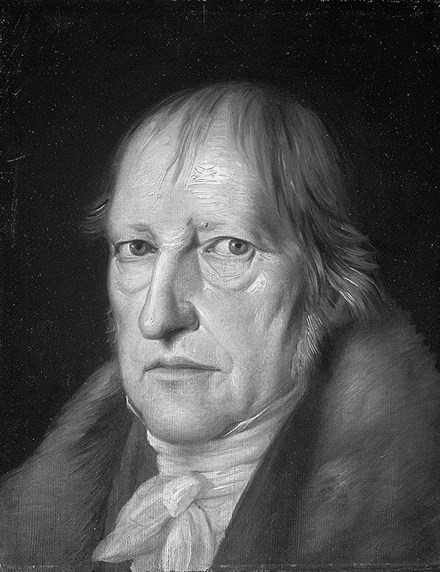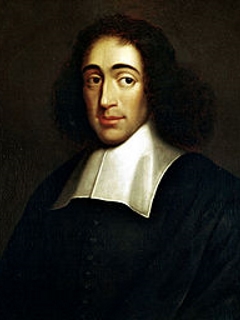

Schopenhauer's transcendental idealism and the neutral nature of will
pp. 723-743
in: Matthew C. Altman (ed), The Palgrave handbook of German idealism, Berlin, Springer, 2014Abstract
Schopenhauer is sometimes appreciated less for his philosophy than for his entertaining criticisms of Fichte, Schelling, and Hegel as "humbugs," "scribblers," "windbags," "sophists," "charlatans," and "philosophasters." As a wealthy student from a prominent mercantile family, Schopenhauer listened to Fichte — at first, with great enthusiasm and conscientiousness — as one of his professors at the University of Berlin in 1811. Nine years later at the same university, he knew Hegel as a colleague, scheduling his philosophy lectures competitively to coincide with Hegel's, and losing his audience to Hegel as well. Schopenhauer and Schelling did not cross paths, but both were acquaintances of Goethe and coincidentally lived into old age during the same time period. Of the three, Schopenhauer most respected Schelling, whose Naturphilosophie he regarded as a respectably concrete enhancement of Spinoza's pantheism (P&P 1:24 [ASW 4:32]).1






